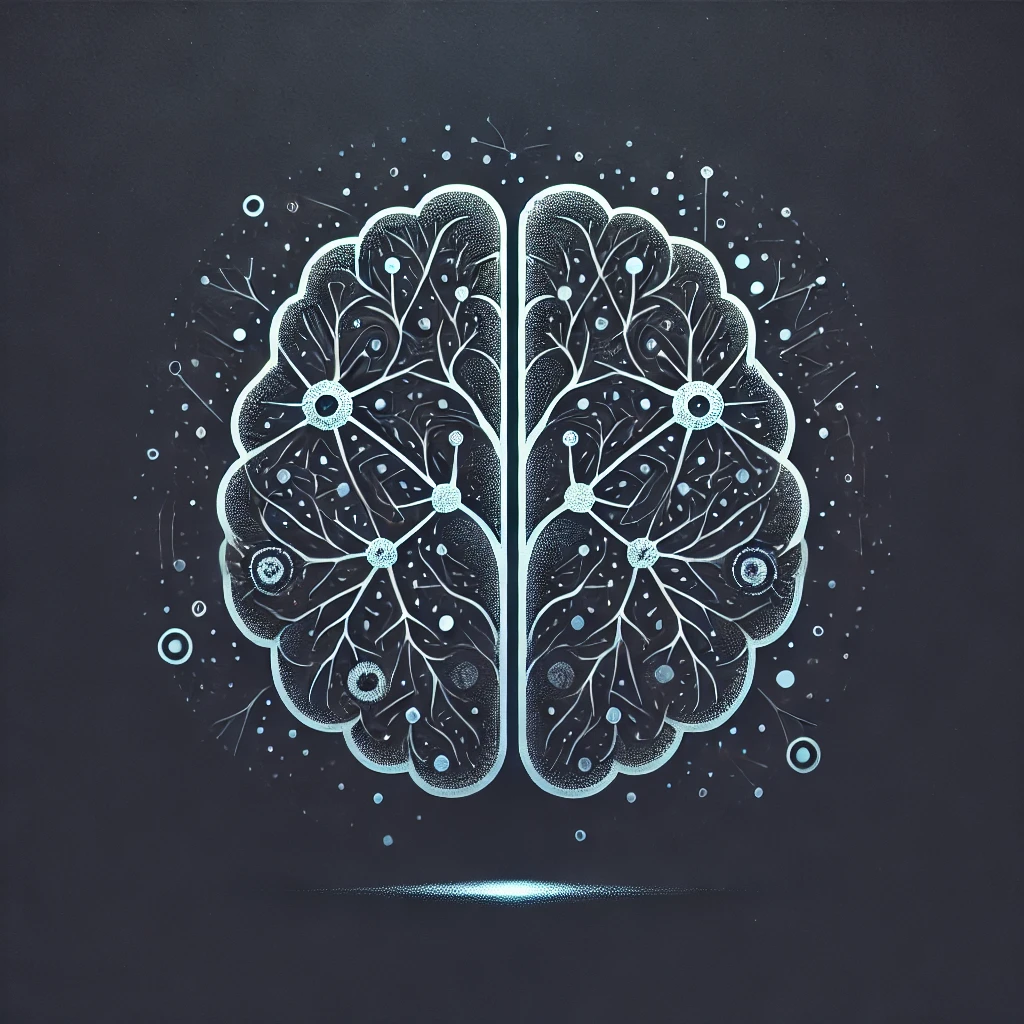
Avoiding falls with Parkinson’s disease
This article discusses the effects of Parkinson’s on balance and offers practical advice on how to avoid falls and maintain mobility.
An overview of the non-motor symptoms of Parkinson’s disease, such as sleep disorders, depression, digestive problems and olfactory disorders.
When most people think of Parkinson’s disease, they think of motor symptoms such as tremors, stiffness and slowed movements. But Parkinson’s goes far beyond these motor impairments. Non-motor symptoms – including sleep disorders, depression, memory problems and more – are common, often more distressing and sometimes occur long before motor symptoms. These lesser-known symptoms can have a significant impact on quality of life, but are often overlooked or mistakenly attributed to other causes.
In this article, we look at the main non-motor symptoms of Parkinson’s disease, how they affect everyday life and what treatment options are available. I also share personal observations to provide a better understanding of these underestimated aspects of the disease.
Sleep disturbances are one of the most common non-motor symptoms of Parkinson’s disease. Many patients report that they have difficulty falling asleep or staying asleep. The most common sleep problems include
Personal observation
A close friend who suffers from Parkinson’s told me that he suffered from sleep problems for years before the motor symptoms ever appeared. At the time, he attributed these problems to stress or aging, but we now know that this was an early sign of his Parkinson’s disease. He described it as “physically exhausting and mentally gruelling” as he had no energy during the day and no restful sleep at night.
Treating sleep disorders in Parkinson’s can be challenging as the underlying cause is often complex. Some possible approaches include:
Depression is common in people with Parkinson’s and can have a significant impact on quality of life. It is believed that depression is not only a reaction to the diagnosis, but is also directly caused by the changes in the brain associated with the disease. This form of depression can be characterised by symptoms such as:
In addition to depression, many people with Parkinson’s also suffer from anxiety. These can manifest themselves in the form of generalised anxiety disorder, panic attacks or social anxiety. Anxiety can occur independently of the motor symptoms and can often be more severe than them.
One patient described his anxiety to me as a “silent companion” that often limited him more than his physical symptoms. He told me that his anxiety occurred mainly in social situations, which led to him becoming more withdrawn and isolated. For many people with Parkinson’s, this is one of the biggest emotional burdens.
Depression and anxiety can be treated with a combination of medication, therapy and support groups. Common medications include antidepressants such as SSRIs or SNRIs. In addition, cognitive behavioural therapy (CBT) can be helpful in learning how to deal with anxiety and depression.
Many people are surprised to learn that Parkinson’s can also affect memory and cognition. These cognitive changes often affect short-term memory, attention and the ability to make decisions. In the advanced stages of the disease, dementia can also occur.
Typical cognitive problems in Parkinson’s are
A close acquaintance with Parkinson’s told me that he sometimes gets “stuck in thought” and has difficulty remembering simple things like the shopping list. These cognitive challenges often frustrate him more than the physical limitations, as they affect his everyday life and independence.
There is currently no cure for the cognitive symptoms of Parkinson’s, but some medications such as Rivastigmine can help slow memory loss. Cognitive stimulation through mental exercises, puzzle games and social interactions can also help maintain mental function.
Constipation is one of the most common non-motor symptoms of Parkinson’s and often occurs years before motor symptoms. It results from a slowing of bowel movements caused by the effects of Parkinson’s on the autonomic nervous system.
Another common digestive problem in Parkinson’s is dysphagia, where patients have difficulty swallowing food or liquids. This can increase the risk of aspiration (food entering the airways), which can lead to pneumonia.
One patient told me that constipation is a constant problem for her, which significantly affects her everyday life. She has had to adjust her diet and make sure she eats high-fibre foods and drinks enough fluids, but the problems remain a daily challenge.
Treatment for digestive problems usually involves a combination of a high-fibre diet, adequate hydration and the use of laxatives if necessary. Swallowing disorders can be treated by working with a speech therapist who can provide exercises and strategies to improve swallowing.
Another common but often overlooked symptom of Parkinson’s is loss of the sense of smell (anosmia). Many patients notice that they can no longer perceive certain odours, which can affect their quality of life. This symptom can occur years before the motor problems and is often an early indication of Parkinson’s.
An acquaintance told me that for a long time he didn’t realise that he could hardly smell until his wife pointed it out to him. For him, the loss of his sense of smell was only a minor inconvenience, but for other patients it can affect their enjoyment of food and everyday life.
Unfortunately, there is no effective treatment for Parkinson’s loss of smell. Nevertheless, awareness of this symptom can help to make an early diagnosis and rule out other possible causes of loss of smell.
The non-motor symptoms of Parkinson’s are just as important as the motor symptoms, often even more distressing. Sleep disturbances, depression, memory problems and digestive disorders are just some of the many non-motor aspects that significantly affect the quality of life of people with Parkinson’s.
Understanding and treating these symptoms early can help to slow the progression of the disease and improve the well-being of those affected. It is important that both patients and their families recognise and address the non-motor symptoms in order to receive the right support and treatment.
